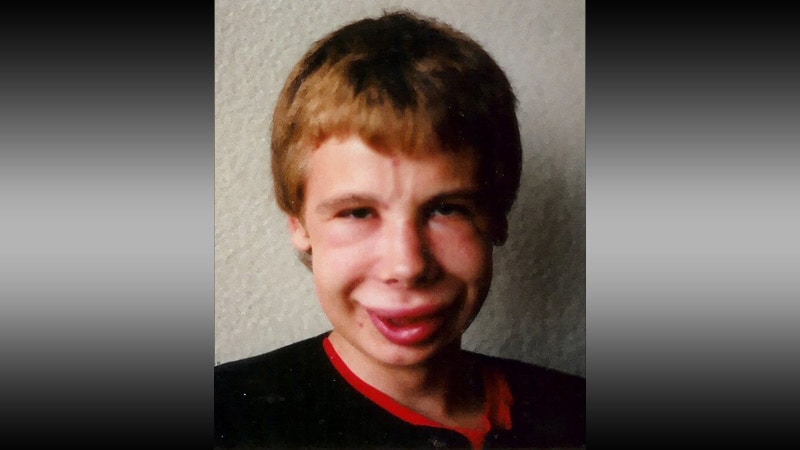
The first monoclonal antibody for preventing recurrent attacks of the rare hereditary angioedema (HAE), lanadelumab (Takhzyro, Shire), has been approved for marketing by the Committee for Medicinal Products for Human Use (CHMP) of the European Medicines Agency.
HAE is a long-term debilitating disease that manifests in attacks of swelling beneath the skin anywhere in the body, such as the face, gut, limbs, and larynx, where swelling can impede breathing and be life-threatening.
The drug is for use in patients at least 12 years old.
The CHMP opinion will now be sent to the European Commission, and once marketing authorization has been granted, decisions will come about price and reimbursement.
HAE is caused by defects in the gene responsible for the production of C1 esterase inhibitor. The abnormality results in low C protein in the blood, which increases kallikrein protein activity and causes the swelling.
Lanadelumab is designed to recognize and attach to kallikrein proteins, and block kallikrein activity and reduce the number of angioedema attacks.
It is given subcutaneously every 2 to 4 weeks, an advantage over current therapies administered intravenously or more frequently subcutaneously, which led to the CHMP granting the request for accelerated assessment.
A phase 3 trial involving 125 patients showed that in 26 weeks of treatment, patients who received lanadelumab showed a significant reduction in total HAE attack rate and severity.
According to the company website, people taking lanadelumab every 2 weeks had 83% fewer moderate or severe attacks and 87% fewer attacks that needed acute treatment, compared with placebo.
The website also says that over the 26 weeks, 44% of people taking lanadelumab every 2 weeks had zero attacks, compared with 2% of people taking placebo.
Side effects were mild, and the most common were mild injection-site reactions.
Lanadelumab was granted an orphan designation in October 2015 because HAE affects less than 0.5 in 10,000 people in the European Union.
The orphan designation will now be reviewed by the EMA's Committee for Orphan Medicinal Products to determine whether the status is still warranted that allows the drug 10 years of market exclusivity.
Medscape Medical News © WebMD, LLC
Heartwire © WebMD, LLC
WebMD Health News © WebMD, LLC
Reuters Health Information ©
Send comments and news tips to news@medscape.net.
Cite this article: EU Panel Backs Drug for Rare Hereditary Angioedema - Medscape - Oct 22, 2018.
Bagikan Berita Ini
















0 Response to "EU Panel Backs Drug for Rare Hereditary Angioedema"
Post a Comment